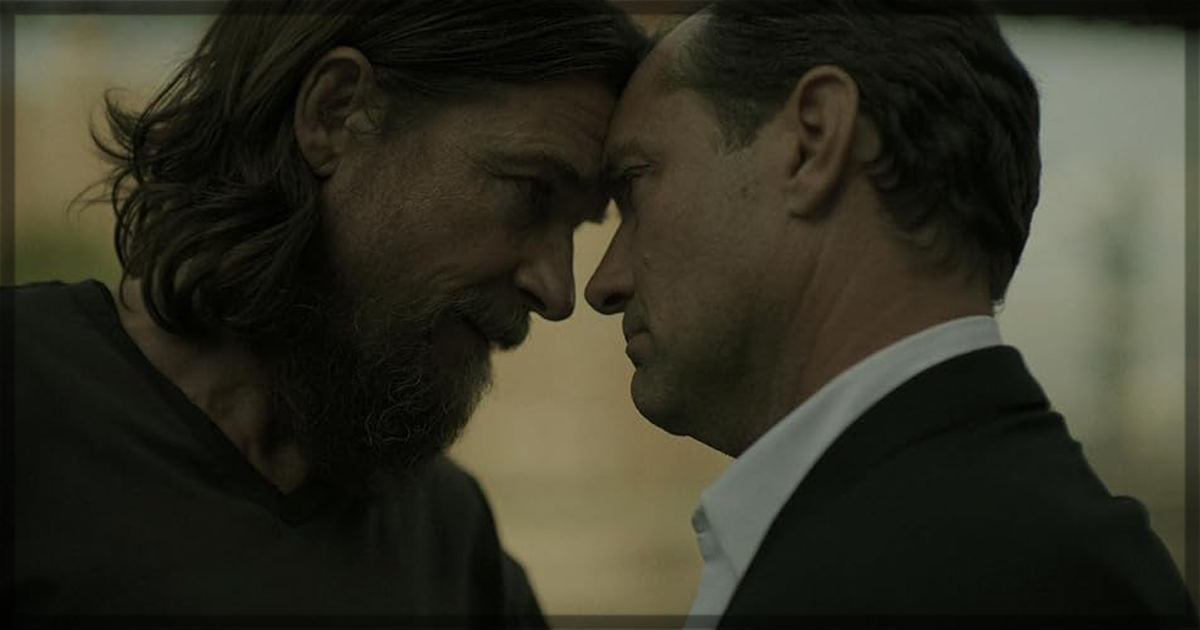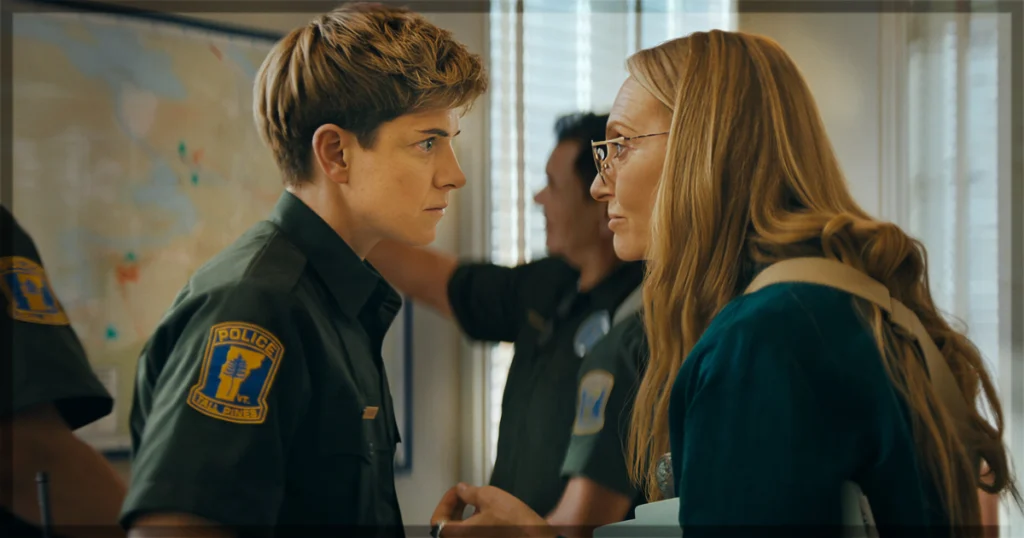We don’t choose our family. Love them, hate them, they are our families, and we are stuck with them. Some of us are blessed with living, supportive ones; others not so much, and the rest fall somewhere in between. Black Rabbit is a story of brothers who fall somewhere in between. Jake (Jude Law) and Vince (Jason Bateman) Friedken grew up in New York, the sons of a loving mother and a violent father. In the wake of their father’s death, they spent their formative years hustling, with dreams of making it as a band and later, a high-end restaurant: the titular Black Rabbit.
At the series onset, the brothers are estranged, with Jake running the restaurant and Vince hustling on the West Coast. Vince gets in trouble and comes home, much to everyone’s chagrin, and everything begins to fall apart. It is what one might call a classic setup, and therein lies one of the series’ main issues. Despite some stellar performances, there isn’t much in Black Rabbit that will surprise you. The story of a wayward relative returning home and their chaos spreading to the lives of those around them isn’t new, and this version of it isn’t particularly novel.
Creators Zach Baylin & Kate Susman inject a small amount of drama by beginning the series in media res during a robbery, but even with a short eight-episode run, it takes a long time to catch up to that event. More frustrating still, while there should be some surprises, the writing telegraphs what is going to happen openly, robbing the episode of impact, despite some clever non-linear storytelling within it.
This is another issue, in that several good ideas aren’t capitalized on. The structural change in the robbery episode is something that may have lent some extra drama to the whole story, but instead, the rest of the episodes unfold in a very basic, straightforward manner, and most of the twists and turns are predictable.
There is a reason to watch, though: There are three great performances to enjoy.
Bateman, often the funny guy, weaponizes that charm to turn Vince into a sort of dark side version of his usual archetype. He’s not a man who means well, nor is he that competent, and it’s fun to watch his wheeling and dealing and desperation as he stumbles through the story just a step or two ahead of all the muscle chasing him.
Law, too, turns his charm up to eleven, but in the case of Jake it’s only to conceal that he -and by extension all his schemes- are hanging on by a thread. Jake is a hairsbreadth from catapulting his life from one of constant hustling to one of relative success and ease, but at heart, he is just as much of a fuckup as Vince, and that is incredibly compelling to watch.
The real standout in the series, though, is Troy Kotsur as Mancuso, the local loan shark whom Vince has become indebted to. Mancuso, who has a surrogate relationship with the brothers and a disappointing son of his own, gets to play with being an exasperated father type while at the same time being a stone-cold operator unafraid to do what is necessary to get what he’s owed. He’s menacing, but melancholy, and that he communicates entirely via sign language (Kotsur is deaf in real life) makes it all the more impactful as the people interpreting him react to the things he’s saying as they say them.
The three of them elevate the series into being something worth watching, but one that you will likely feel no need to revisit or even remember. The series is well-acted and well-made, but ultimately, it lacks sufficient substance to be something special, and it feels like this story of brothers who always choose each other despite the chaos that ensues very much could have been. That is to say that it’s a totally fine series, maybe even a good one, but it’s not a great one.
Black Rabbit is now streaming on Netflix.
Learn more about the show, including how to watch, at the Netflix site for the title.
You might also like…
‘Wayward’ Review: Mae Martin Netflix Thriller Fails To Pay Off The Creepy Premise


